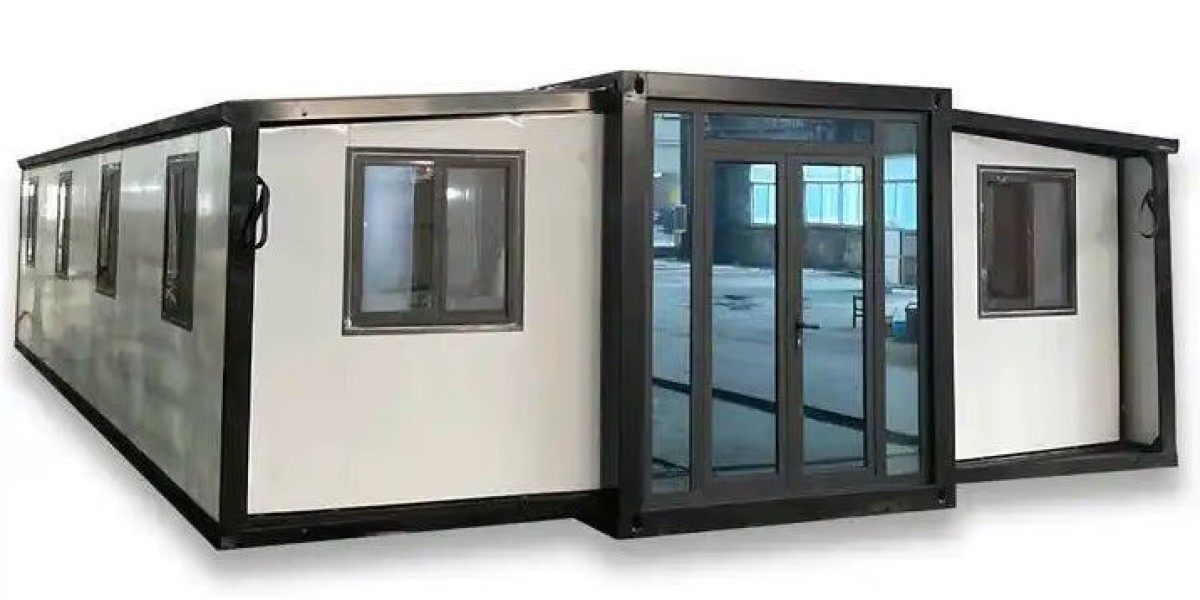In an era where flexibility and adaptability are paramount, foldable houses emerge as a revolutionary solution to modern living. These innovative structures not only cater to the dynamic needs of contemporary lifestyles but also redefine the concept of home. As urbanization accelerates and the demand for sustainable living increases, foldable houses present an answer that aligns perfectly with these evolving trends.
The Versatility of Foldable Houses
Foldable houses are designed with versatility in mind, allowing them to adapt to various environments and purposes. Whether it’s a temporary dwelling for travelers or a permanent residence for families, these structures can be easily assembled and disassembled. This adaptability is particularly beneficial in urban areas where space is limited. By utilizing foldable houses, individuals can maximize their living space while minimizing their environmental footprint. The ability to relocate these homes also means that residents can easily adjust to changing circumstances, whether that involves moving for work or seeking a different lifestyle.
Sustainability and Environmental Impact
One of the most significant advantages of foldable houses is their contribution to sustainable living. Constructed from eco-friendly materials, these homes often require fewer resources to build and maintain compared to traditional houses. Additionally, their design allows for efficient energy use, reducing the overall carbon footprint. As more people become environmentally conscious, the appeal of foldable houses continues to grow, making them an attractive option for those looking to live sustainably. By choosing a foldable house, individuals not only enhance their own quality of life but also contribute positively to the planet.
Economic Benefits of Foldable Houses
Investing in a foldable house can lead to substantial economic benefits. The initial cost of these homes is often lower than that of traditional houses, making them accessible to a wider audience. Furthermore, their portability allows homeowners to avoid hefty property taxes associated with permanent structures. For investors, foldable houses present a unique opportunity in the real estate market, appealing to a demographic that values flexibility and innovation. As the demand for affordable housing solutions rises, foldable houses are poised to become a key player in the industry.
Cultural Adaptation and Global Appeal
Foldable houses are not just a trend; they are a cultural phenomenon. Their design can be tailored to fit various cultural aesthetics, ensuring that they resonate with diverse communities. This adaptability makes them suitable for international markets, where different architectural styles and living preferences exist. As the world becomes increasingly interconnected, the universal appeal of foldable houses allows for a seamless integration into various lifestyles, making them an ideal choice for global citizens seeking a home that reflects their values.
In conclusion, foldable houses represent a significant shift in how we perceive and utilize living spaces. With their versatility, sustainability, economic benefits, and cultural adaptability, they are well-equipped to meet the demands of changing lifestyles. As we continue to navigate an ever-evolving world, embracing the concept of foldable houses may very well be the key to a more flexible and sustainable future.






